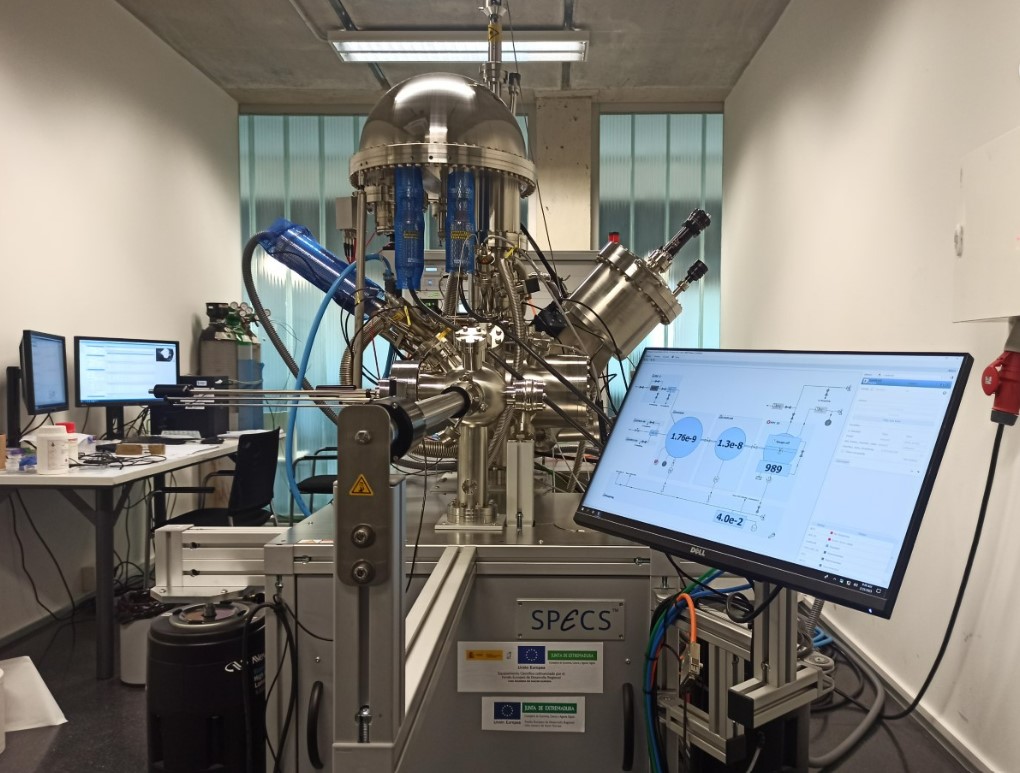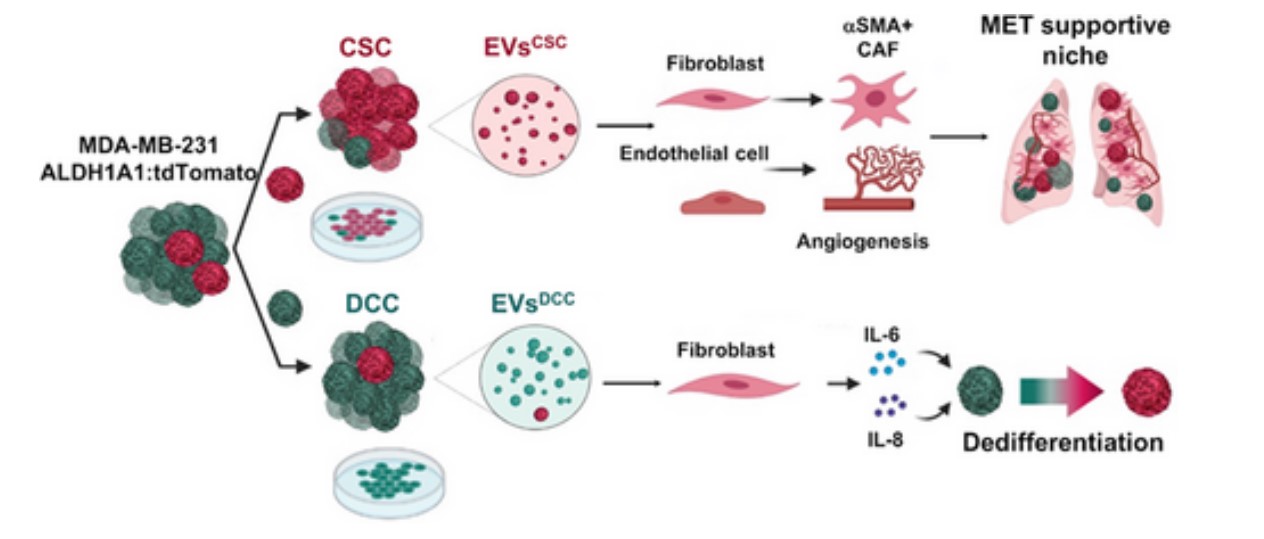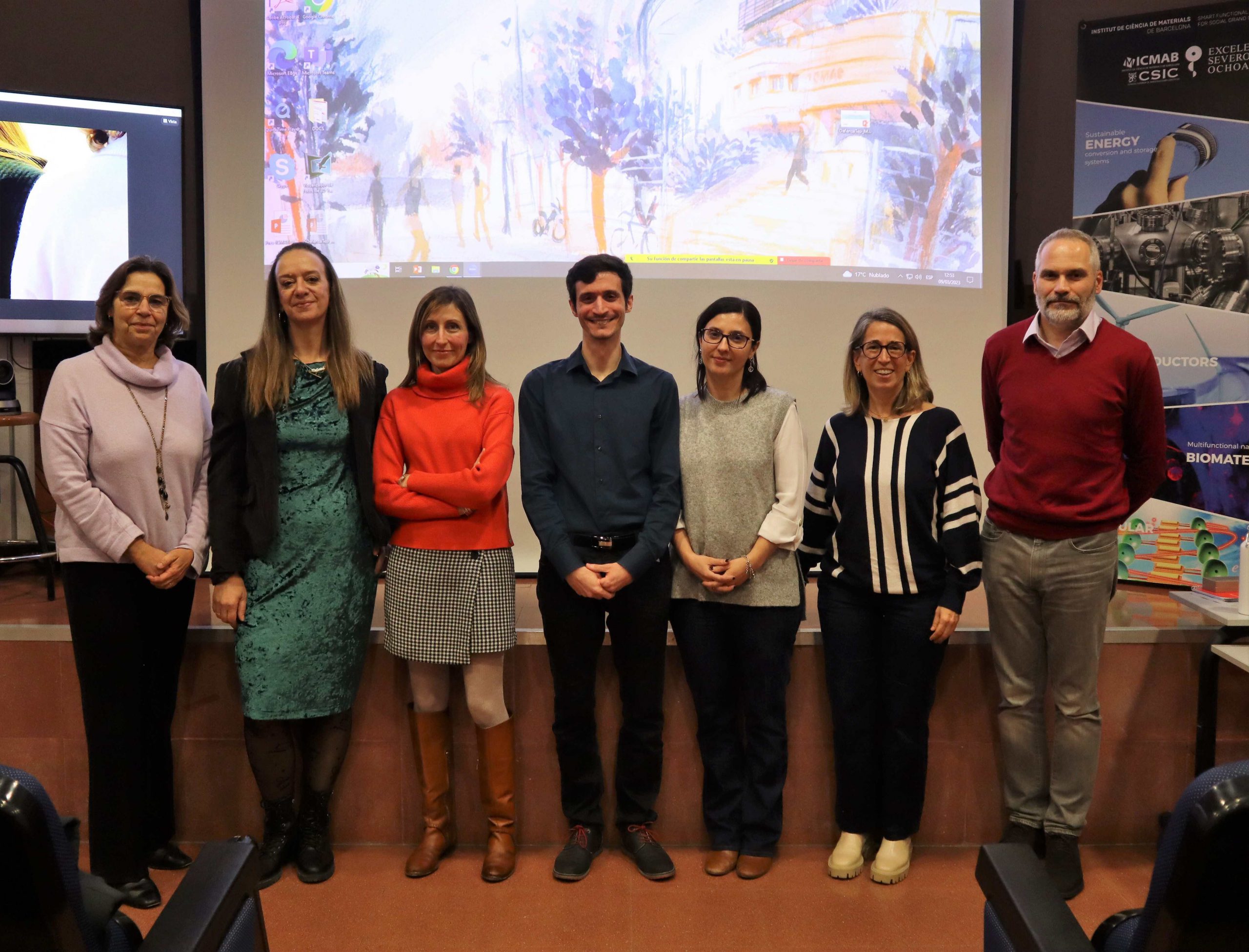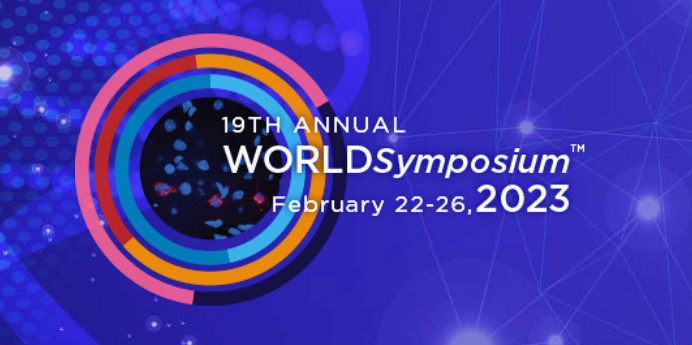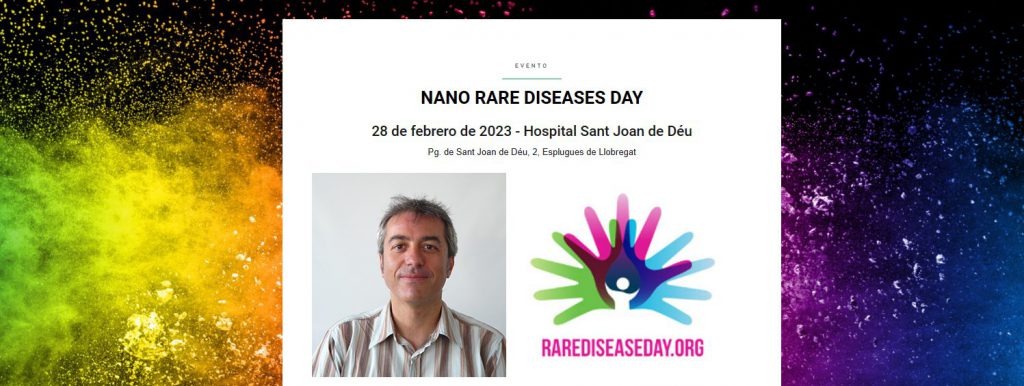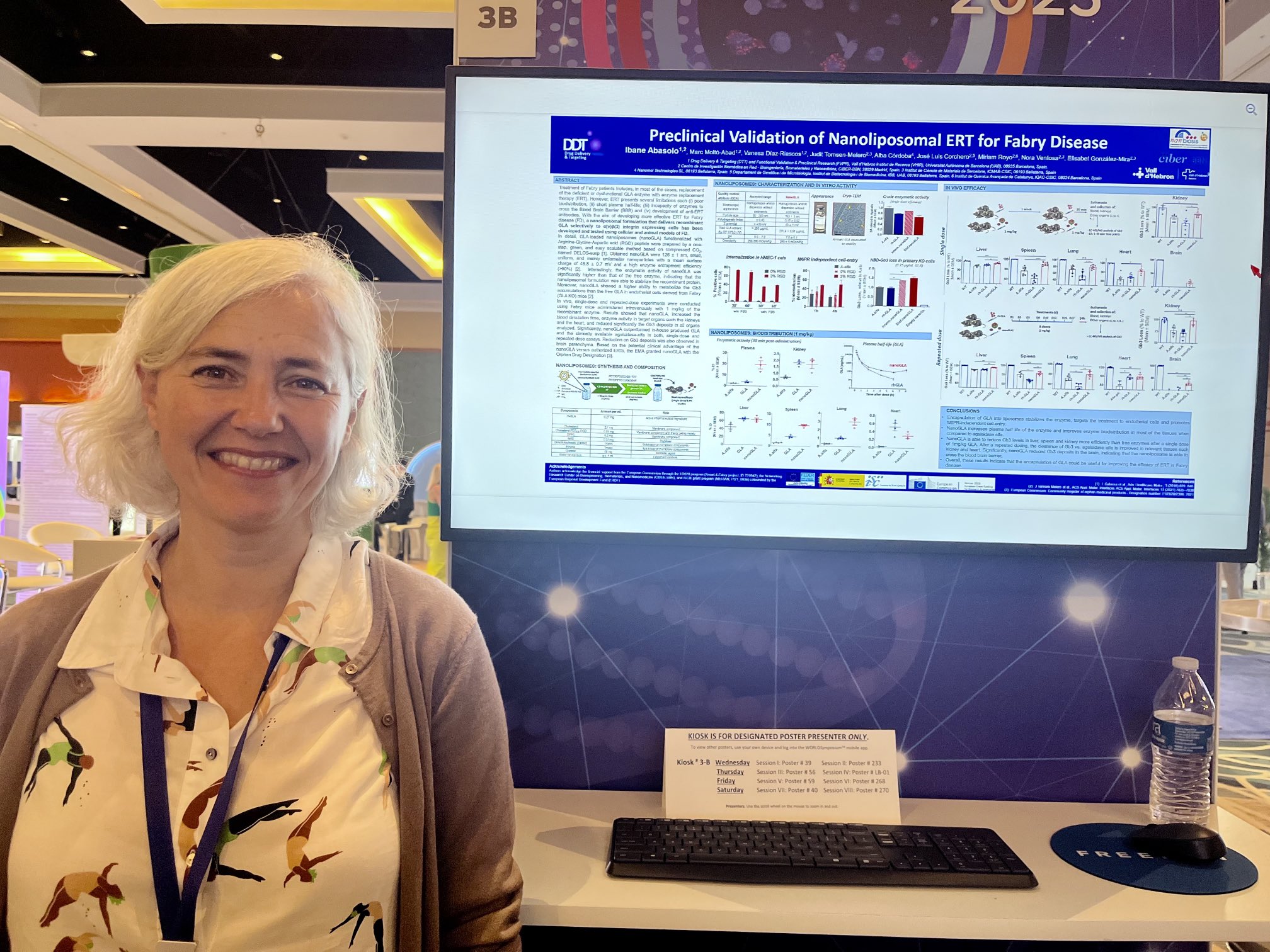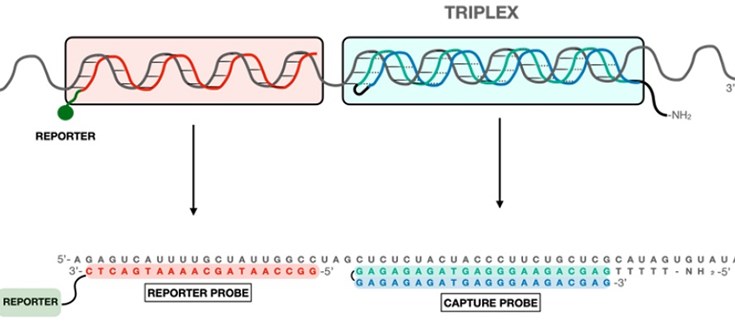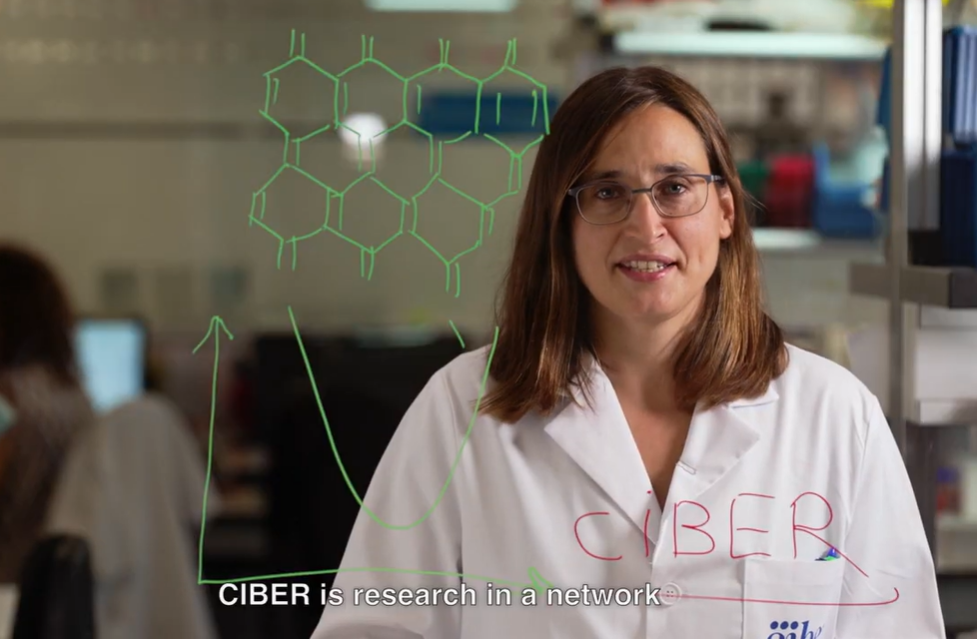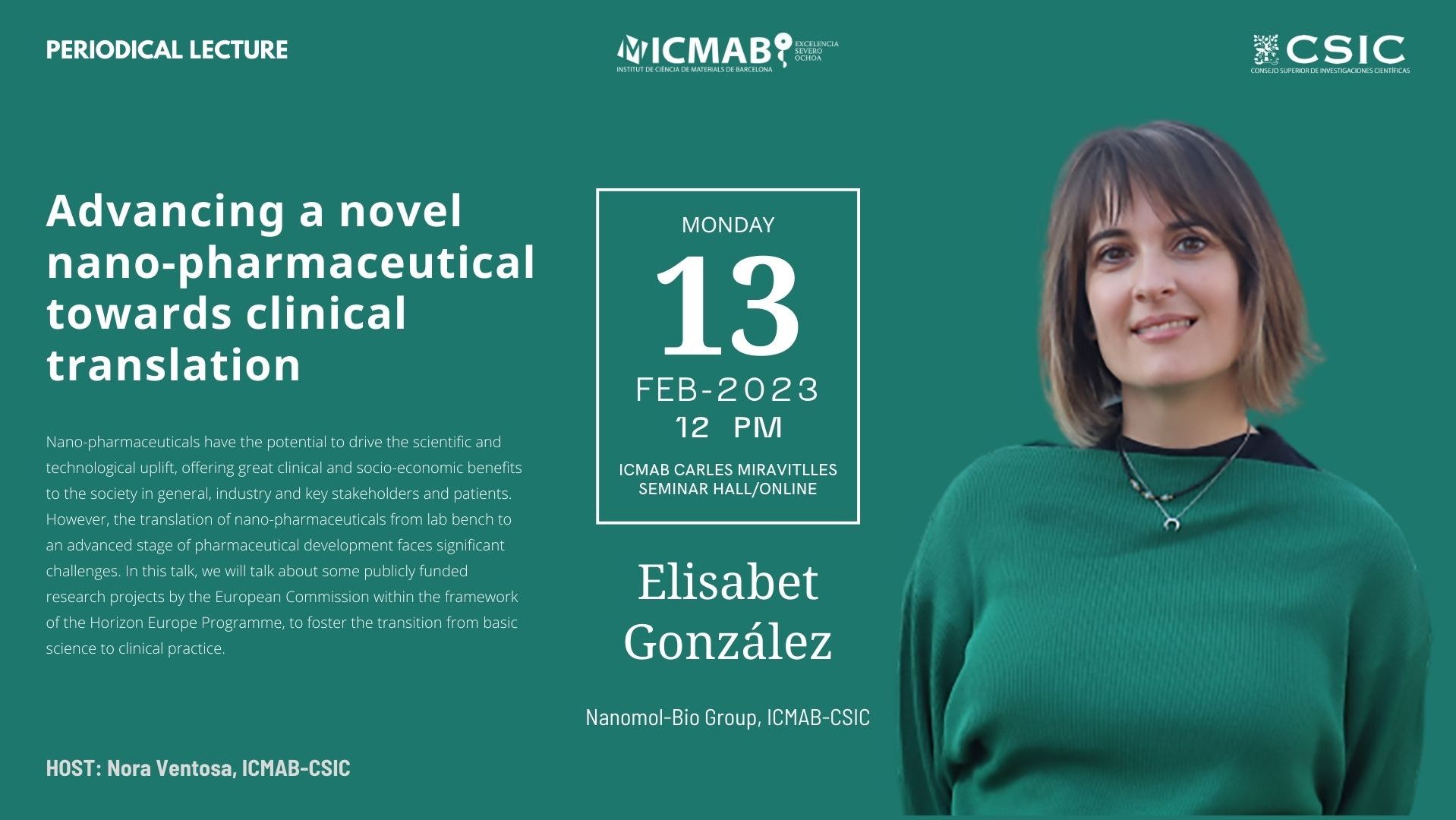NANBIOSIS U16 enlarges its capacities with a new FlexPS-ARPES-E kit

NANBIOSIS unit 16 Surface Characterization and Calorimetry Unit form CIBER-BBN and University of Extremadura has recently incorporated new equipment acquired through the execution of the project FICTS1420-14-09, cofinanced with FEDER funds, the Ministry of Economy and Competitiveness and Junta de Extremadura, Regional Ministry of Economy, Science and Digital Agency. A new FlexPS-ARPES-E kit, manufactured by SPECS, is now available for use by researchers
This new resource uses the technique of photoelectron spectroscopy generated by X-rays to analyze the chemical composition of a surface. The electrons given off by the irradiated surface generate a fingerprint of the molecules that make up that surface, yielding information about the chemical composition of approximately the first 10 nm (one millionth of a millimeter) of thickness, making it a technique of Last generation.
One of the advantages of the acquired equipment is that the type of analyzer it has allows for different configurations to obtain different measurement modes. Thus, depending on the application, you can choose between:
XPS/ESCA (X-ray Photoelectron Spectroscopy) mode: The excitation source is X-ray.
SEM/SAM (Scanning Electron Microscopy/Auger) mode: the excitation source is electrons.
UPS mode (Ultraviolet Ray Photoelectron Spectroscopy): The excitation source is UV rays.
ISS (Ion Scattering Spectroscopy) mode: the excitation source is ions. This excitation source can also be used for depth profiling.
At a cost of 800,000 euros, its acquisition has been achieved thanks to financial support from the Ministry of Science and Innovation, the General Secretariat for Research and FEDER funds from the multi-regional operational program of Spain in the line of action of Singular Scientific and Technical Infrastructures ( ICTS). In addition, it has been co-financed by the Junta de Extremadura, the Ministry of Economy, Science and Digital Agenda and the General Secretariat of Science, Technology, Innovation and University.
Other equipment financed in this same action is:
A DMC8 Leica profilometer: a device that allows determining the 3D texture of surfaces through spatial, volumetric and height parameters, from the millimeter to the nanometer range.
A Krüss DSA100E/ DSA100M goniometry : system for determining the surface tension of solids and liquids. The equipment has a microdrop dosing system, a thermostatic chamber and a chamber for controlling the vapor saturation of the liquids being analysed. In addition, the microdroplet system has a tilting base that allows the samples to be tilted by at least 90°.
An additional cannon for a team of TOF-SIMs: a team of secondary ion mass spectrometry by time of flight (TOF-SIMS), a very sensitive technique for analyzing the composition of surfaces that provides detailed elemental and molecular information of coatings, layers fine lines and interfaces both at the superficial and three-dimensional level.
